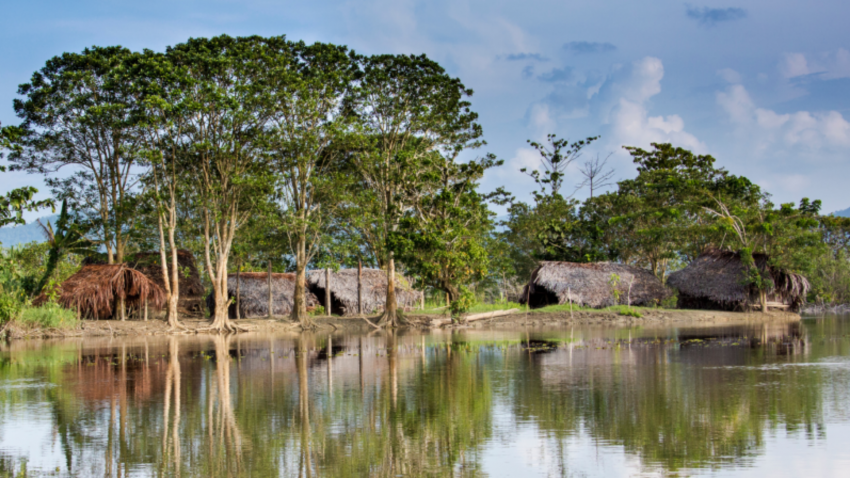Papua New Guinea is about to join the vanguard of countries starting to take a different approach to accounting for nature, and measuring and valuing their economies.
For the first time, it will conduct a national assessment of biodiversity and ecosystem services generated by the natural environment, identifying links to economic activities as well as economic values.
The findings will shape important investment and other decisions around the economy and the environment in a country where people largely depend on jobs that depend on nature – such as in forestry, agriculture, tourism and fisheries.
In recent years, unsustainable land-use changes and forest degradation have diminished soil quality and fertility, reducing agricultural yields and making a major contribution to Papua New Guinea’s greenhouse gas emissions.
The country’s biodiversity and natural assets are unmatched in the Pacific region; it hosts 18 percent of the global tuna stock. But Papua New Guinea’s tuna industry is under threat due to the overexploitation of yellowfin and big-eye tuna.
The effort to assess the value of ecosystem services is an urgent one, since not accounting for their losses makes them more likely to continue, potentially to a point of no return. The assessment draws on support from the United Nations Development Programme in partnership with James Cook University, Australia.
In launching the initiative, UNDP Resident Representative to Papua New Guinea Dirk Wagener pointed out, “Biodiversity is the foundation that provides the services we need to survive, such as drinking water, breathable air, fertile soil and abundant seas for food. If biodiversity and its services are not protected, the country’s economy and livelihoods of its people will greatly suffer."
In 2019, the Organisation for Economic Co-operation and Development (OECD) estimated that ecosystem services, such as water purification and carbon absorption, are worth up to $140 trillion a year, one and a half times the size of global gross domestic product (GDP). Between 1997 and 2011, however, the world lost up to $20 trillion a year through changes in land cover alone, for example, by cutting down forests.
Such practices make significant contributions to climate change and undercut progress on all of the Sustainable Development Goals. The SDGs can only be achieved – globally – if ecosystems and their services are protected and used sustainably.
In 2021, the UN Statistical Commission adopted the System of Environmental-Economic Accounting, a major step towards global recognition of the value of natural capital in economic reporting. The move recognized the need to go beyond conventional monetary-only measures such as GDP and to include ecosystem services that are usually not accounted for.




